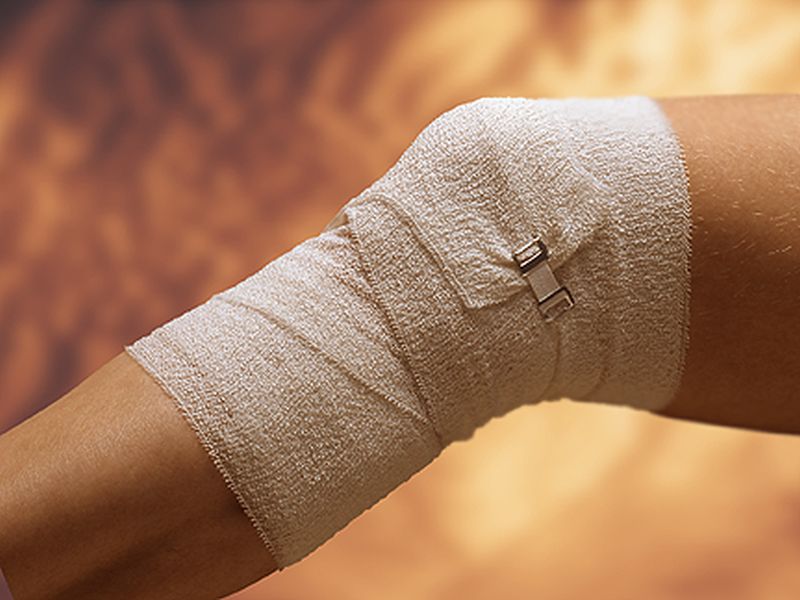
Arthritis in the knees can strike people as young as 45, with symptoms severe enough to limit activities and harm quality of life. What can be done about it? First, know that inactivity isn’t the answer. You need to move, so try low-impact exercises like walking and swimming. Researchers are also looking at possible benefits… read on >





























